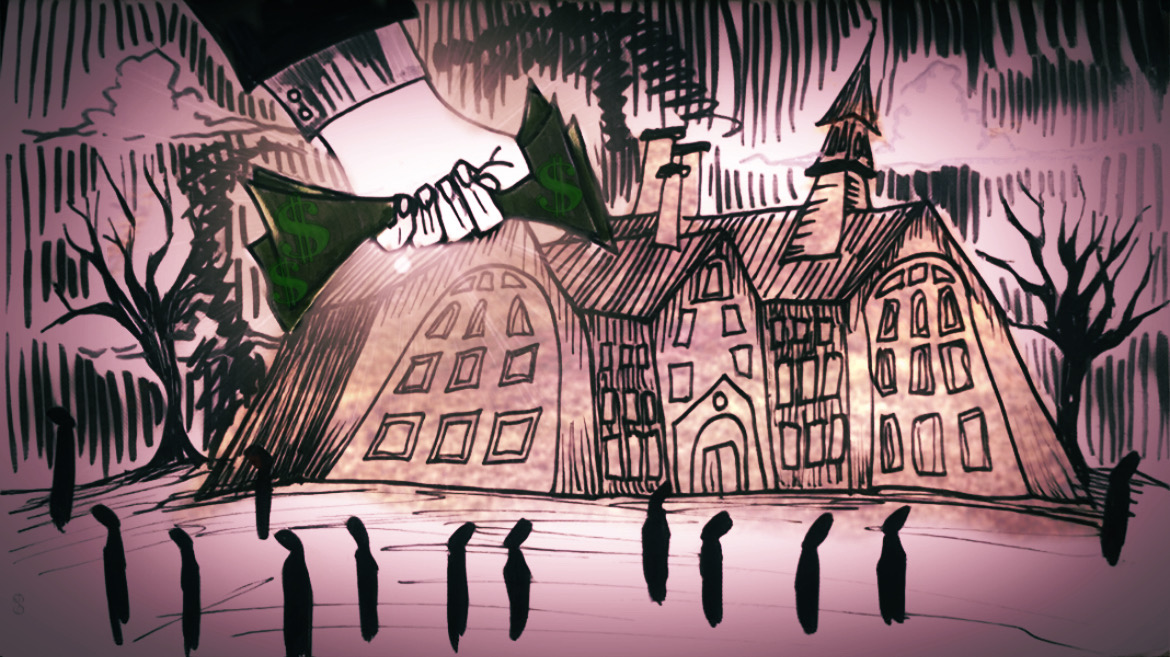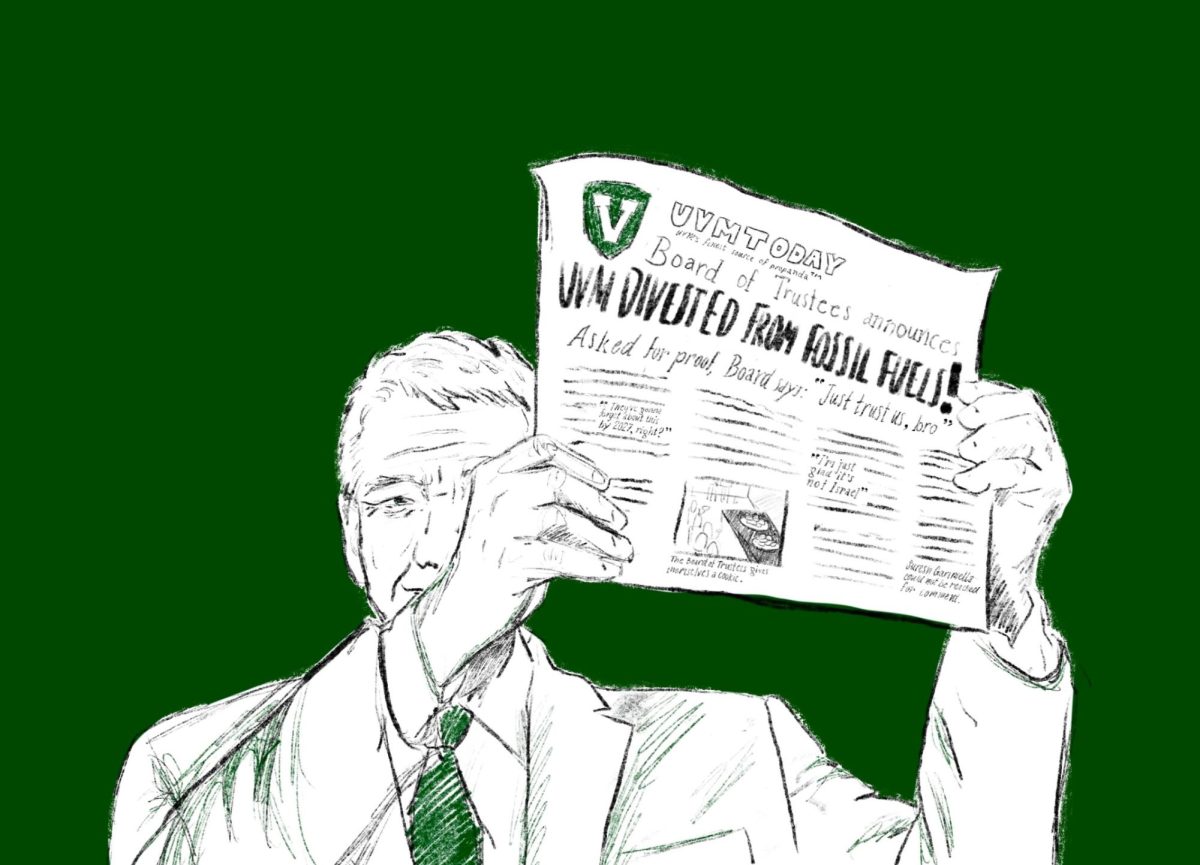Dear Editor,
Ê
On March 17, northern Vermont bus drivers went on strike after their management stonewalled through months of negotiations.
Chittenden County Transportation Authority Drivers (CCTA) drivers and Teamsters local 597, are in a long-term battle with management over multiple concerns.
Such concerns included extended and unsafe work schedules, the expansion of part-time drivers and constant surveillance and harassment.
The attitude of company bosses toward the concerns raised by drivers about health and safety is that the drivers are there to drive, not run the company.
And workers who do raise their voices are concerned about company response.
Such responses with discipline measures have become little more than an intimidation tool.
With a practice that would make the National Security Agency and Walmart proud, supervisors pull tapes from random buses each day without cause in order to comb them for infractions that allow them to write up and discipline drivers.
CCTAÕs schedule runs on split shifts that force drivers to work several hours in the morning and then again several hours in the evening, with about five hours of unpaid time in between.
For drivers who live outside of Burlington, they have their own set of problems.
Such examples include that they are unable to go home and often choose to sleep in their cars to make sure they are reasonably well rested for their evening shift.
ManagementÕs demand to increase the time spread in the split shifts flies in the face of the professional experience of drivers who know that their working conditions impact the publicÕs safety.
During a press conference, Rob Slingerland, a bus driver, pointed out that the majority of accidents involving CCTA buses are a result of driver fatigue.
But management, in line with speed-up imposed on workers in many industries, is not only trying to increase the length of the workday, it also wants to increase its intensity.
CCTA is creating tighter route schedules and allowing fewer breaks for the drivers. This has reached the point where several drivers have reported urinating on themselves due to an inability to take a bathroom break.
After the months of insincere contract negotiations, topping a basic failure to abide by the last contract.
Management shows no recognition of driversÕ right to a union and collective bargaining.
CCTA even wants its memos, for example, to override contract language on wages, hours and working conditions.
The drivers are not only fighting for their unionÕs ability to defend livable jobs, but also to defend a safe and environmentally responsible mass transit system.
Fortunately, the bus drivers are not alone.
CCTA buses service students and low-income workers with no other means of transportation.
Thus, the driversÕ issues are ones that resonate deeply in the community.
Drivers, riders and Vermont residents are mobilizing for a solidarity campaign to fight for livable jobs and make sure that managementÕs attempts at intimidation donÕt work.
Ê
Sincerely,
Nolan Rampy
Psychology graduate
student









![Can’t buy me [self] love](https://vtcynic.com/wp-content/uploads/2024/04/self-care-FINAL-1200x796.jpg)


